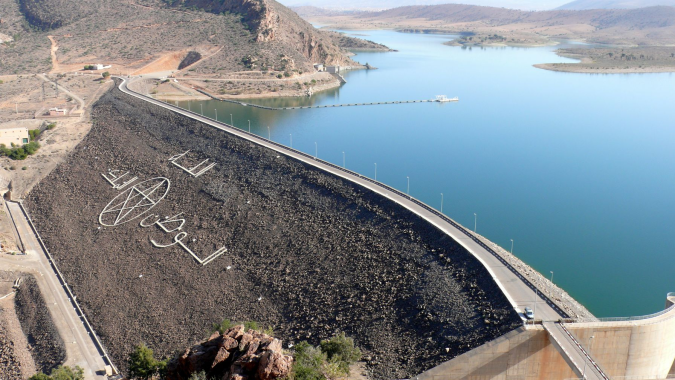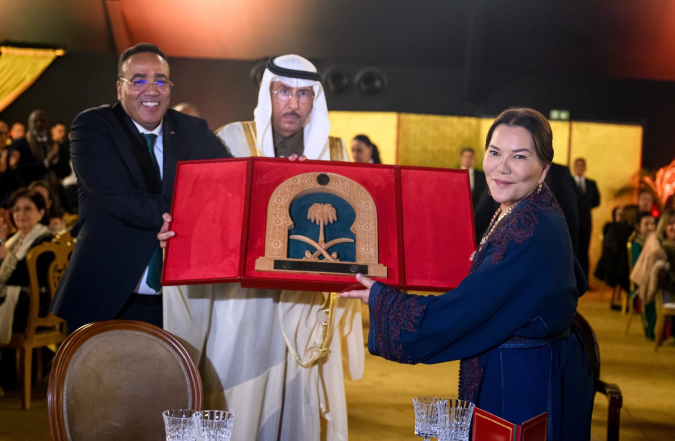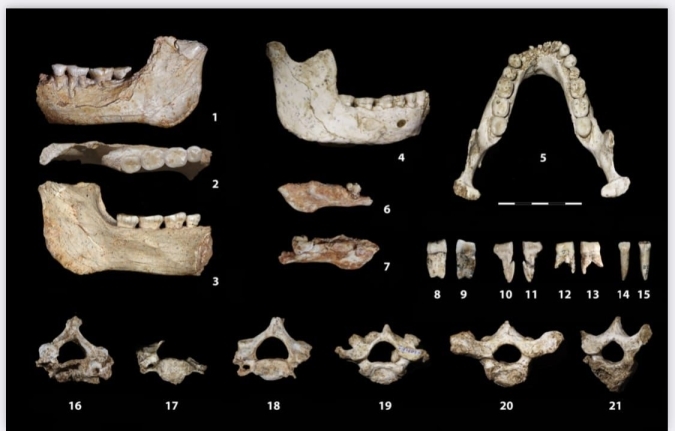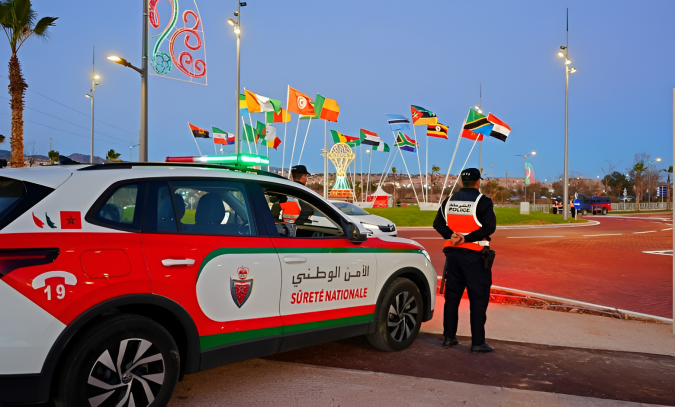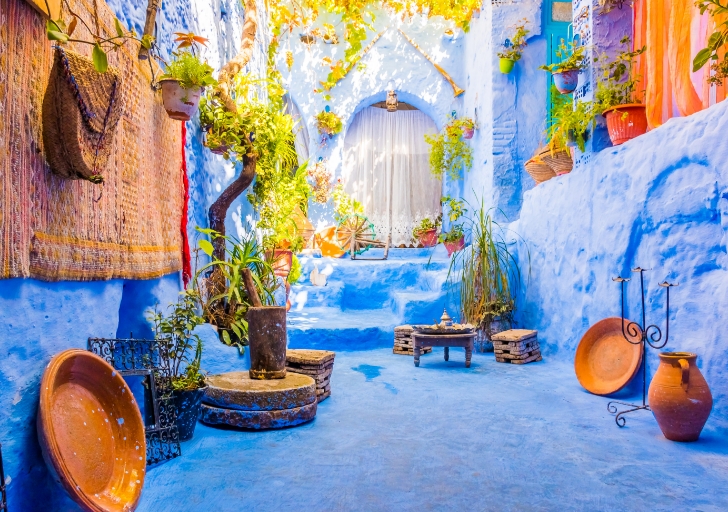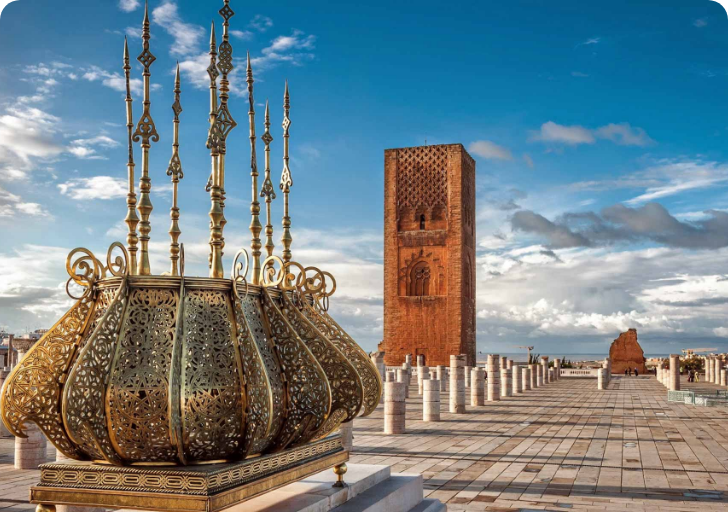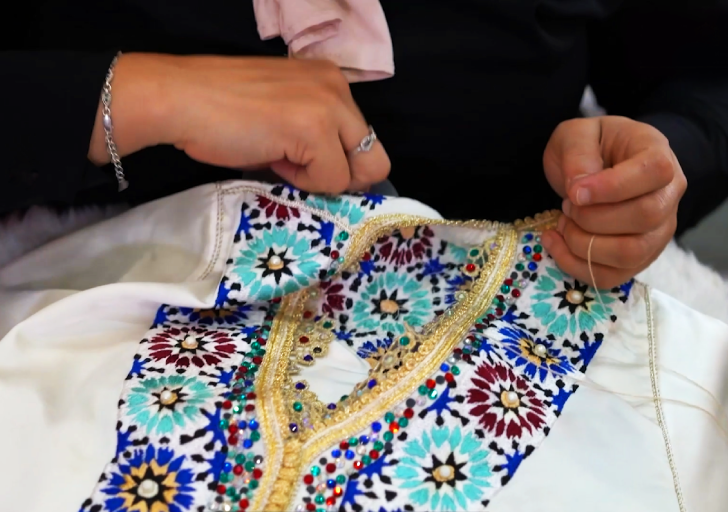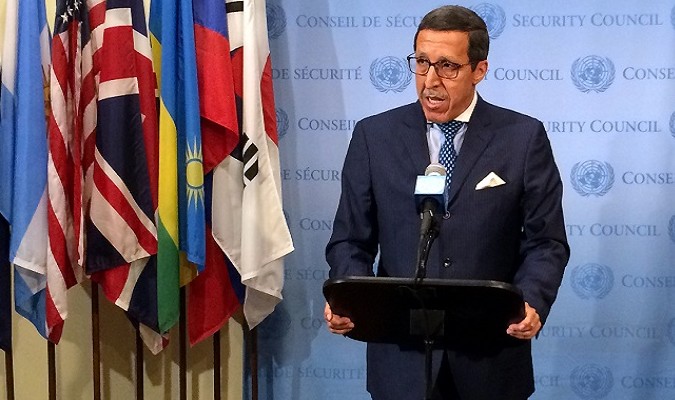
Morocco's Permanent Representative to the United Nations, Ambassador Omar Hilale, affirmed during the regional seminar of the UN Committee of 24 (C24) for the Pacific that the Sahara is Moroccan by history, law, and the free expression of its populations.
"The Sahara is Moroccan by history, law, and the free expression of its populations. It is now time for other parties to recognize this and build together a future of peace, stability, and cooperation for our region and our continent," Hilale emphasized during this seminar, held from May 21 to 23 in Dili, Timor-Leste.
The ambassador also denounced Algeria's delaying tactics that are hindering the resolution of the regional dispute over the Moroccan Sahara, as well as its strategy of destabilization in the Maghreb region and beyond.
"Despite Morocco's commitments and the United Nations' constant efforts, the political process to settle this regional dispute continues to be hampered by Algeria's delaying tactics, which, while claiming not to be a party to the conflict, nevertheless plays a central role," he said, noting that Algeria hosts, arms, finances, and diplomatically supports the separatist group "polisario," and persists in an unrealistic and destabilizing stance in the region.
He pointed out that in the face of this impasse maintained by Algeria, the international community seems to have made a decision, citing in this regard the ongoing withdrawal of recognition of the puppet entity, while more than 116 States around the world have expressed explicit support for the Moroccan Autonomy Initiative. Similarly, around thirty countries have opened consulates general in Laayoune and Dakhla, thus recognizing Morocco's sovereignty over its southern provinces, he added.
Referring to the Committee's continued examination of the Moroccan Sahara issue, ambassador Hilale noted that this situation wrongly condemns the issue to a rigid interpretation through a prism disconnected from the profound evolution that this issue has undergone and continues to undergo.
"As you know, upon its accession to the United Nations, the Kingdom of Morocco initiated efforts with the 4th Committee and the C24 for the liberation of its Sahara from colonial rule. After nearly two decades of tough negotiations, Morocco was able to recover its Saharan provinces by virtue of the Madrid Agreement of November 1975, which the United Nations General Assembly acknowledged in its Resolution 3458B of December 1975," the ambassador emphasized.
He added that since then, and following Algeria's creation of the armed separatist group "polisario," the question of the Moroccan Sahara has become a matter of peace and security, justifying its treatment by the Security Council under Chapter VI of the United Nations Charter for the Peaceful Settlement of Disputes.
He further noted that the Security Council has definitively ruled out the option of a "self-determination referendum," which had been raised by some, emphasizing that the UN Secretary-General concluded in his report of February 17, 2000 (S/2000/131) that "an orderly and consensual implementation of the Settlement Plan" was impossible.
Since then, the Security Council has resolutely turned towards finding a mutually acceptable political solution, in line with the reality on the ground and the imperatives of regional stability, he said, recalling that all Security Council resolutions underline the need to reach a political solution based on compromise.
In Hilale's view, this paradigm shift reflects the United Nations' desire to move away from a rigid, binary approach and embrace an approach adapted to the evolving global perception of the situation and respectful of international law.
"These developments have paved the way for the emergence of the Moroccan Autonomy Initiative as the sole basis for a lasting settlement in accordance with international law," the ambassador said, affirming that this Initiative, presented in 2007 and described by the Security Council as serious and credible, indeed constitutes an innovative and bold proposal for resolving this dispute. It provides for the granting of broad autonomy to the populations of the Sahara within the framework of the sovereignty and the territorial unity of the Kingdom of Morocco, he continued.
Morocco's Permanent Representative to the UN also underlined that the Kingdom remains committed to a lasting political solution and extends its hand to all those who sincerely wish to turn the page on this regional dispute and pave the way for cooperation that is beneficial to all.
He noted, however, that "this commitment cannot be one-sided or eternal. It presupposes a genuine desire for dialogue on the part of the other parties, particularly Algeria, whose role can no longer be ignored. The key to progress in the political process lies in Algiers, as the former Personal Envoy, the late Peter Van Walssum, noted in 2008."
The Ambassador affirmed that the time has come to reassess with clarity and courage the way this issue is being addressed within this Committee.
Mr. Hilale, along with Moroccan Ambassador to Jakarta Redouane Houssaini, is leading an important delegation to the C24 regional seminar. The delegation is composed of several officials from the Ministry of Foreign Affairs, African Cooperation, and Moroccans Abroad, in addition to the Vice President of the Royal Advisory Council for Saharan Affairs (CORCAS).
Two elected officials from the Moroccan Sahara, Ms. Ghalla Bahiya from the Dakhla-Oued Eddahab Region and Mr. M'hamed Abba from the Laayoune-Sakia El Hamra Region, are participating in this seminar at the invitation of the Committee's President, as has been the case for several years.
MAP:22 mai 2025
